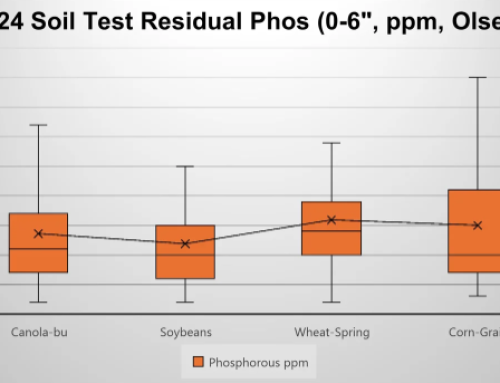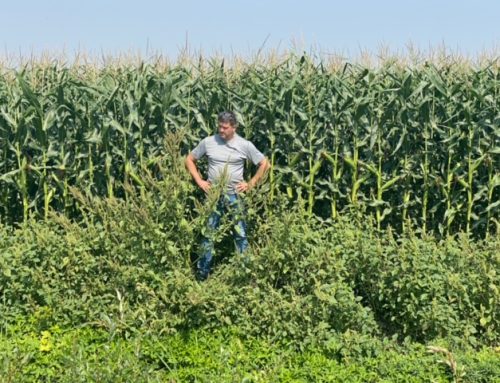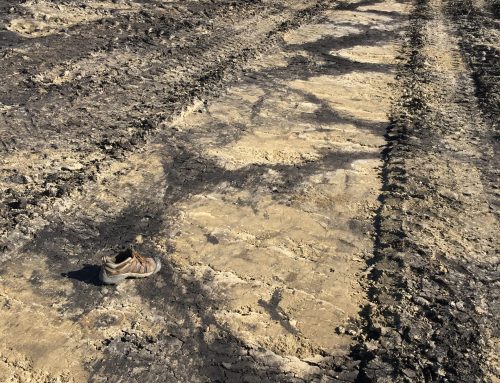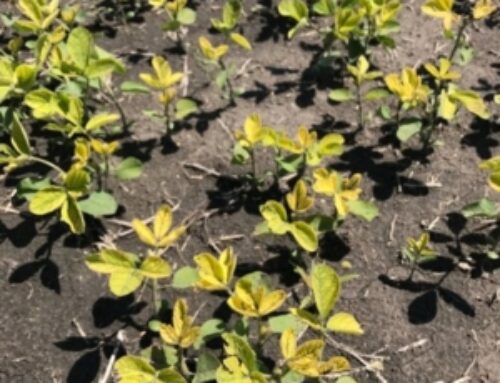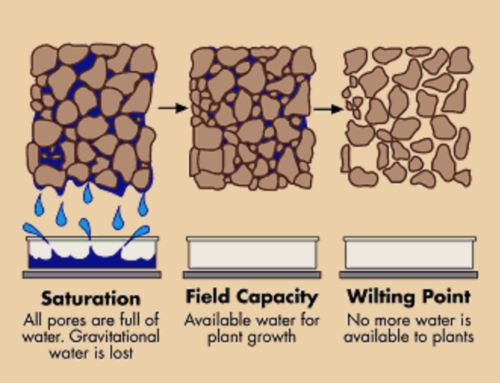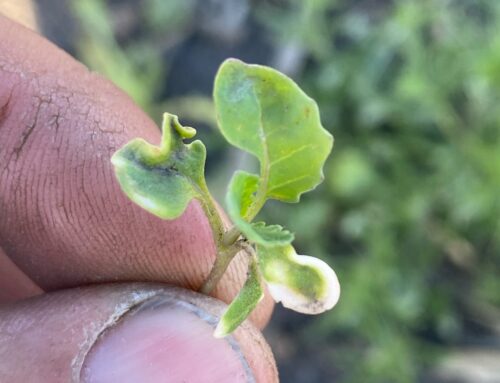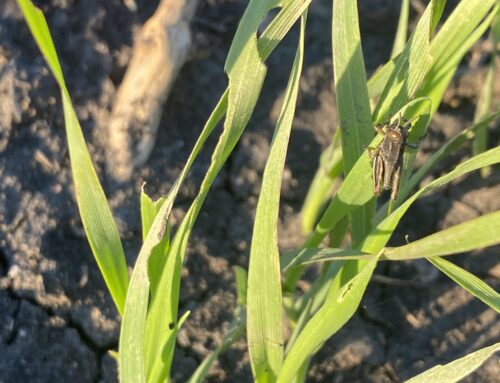Plants harvest sunlight and use it to convert nutrients into food which ultimately becomes yield. The more sunlight they can capture, the more seed they can produce.
When crops lodge, they are no longer able to capture sunlight as efficiently because plants will end up covering other plants.
This results in a reduced yield and crop quality because the plants can’t fill their seed properly.
Much like how a bent drinking straw makes it harder to sip your drink, lodging results in bent stems that reduce the movement or flow of water and nutrients from the roots.
Lodged crops also create a very humid environment due to the reduced air movement between plants. This is essentially an ideal environment for diseases and insects that can reduce yields even more.
Lodged crops also present a real challenge at harvest because they do not feed into the combine as evenly which in turn reduces efficiency.
Lodged crops often result in more grain losses in the front due to shelling and also out of the back of the harvester.
We often view a little lodging in a field as a positive because it means the majority of the field has likely been fertilized adequately, but widespread lodging is an issue because of the factors listed above.
The severity of the losses due to lodging will depend on the stage of the crop when the lodging occurred. In the case of a cereal crop, early lodging (boot stage) has less of an impact because plants have the ability to straighten themselves out if they are still growing. If the crop is fully headed and has reached its maximum height (stems no longer elongating), it will not have the ability to right itself, causing a greater impact on yield.
A crop like canola tends to be more resistant to lodging due to its nature of branching out and interlocking with neighbouring plants.
Lodging can also occur when strong winds are combined with excessively wet soils. In waterlogged soils, roots are unable to keep the plant anchored and it will topple over.
We see this more in taller crops, such as corn and sunflowers, which have stronger stems than cereals.

